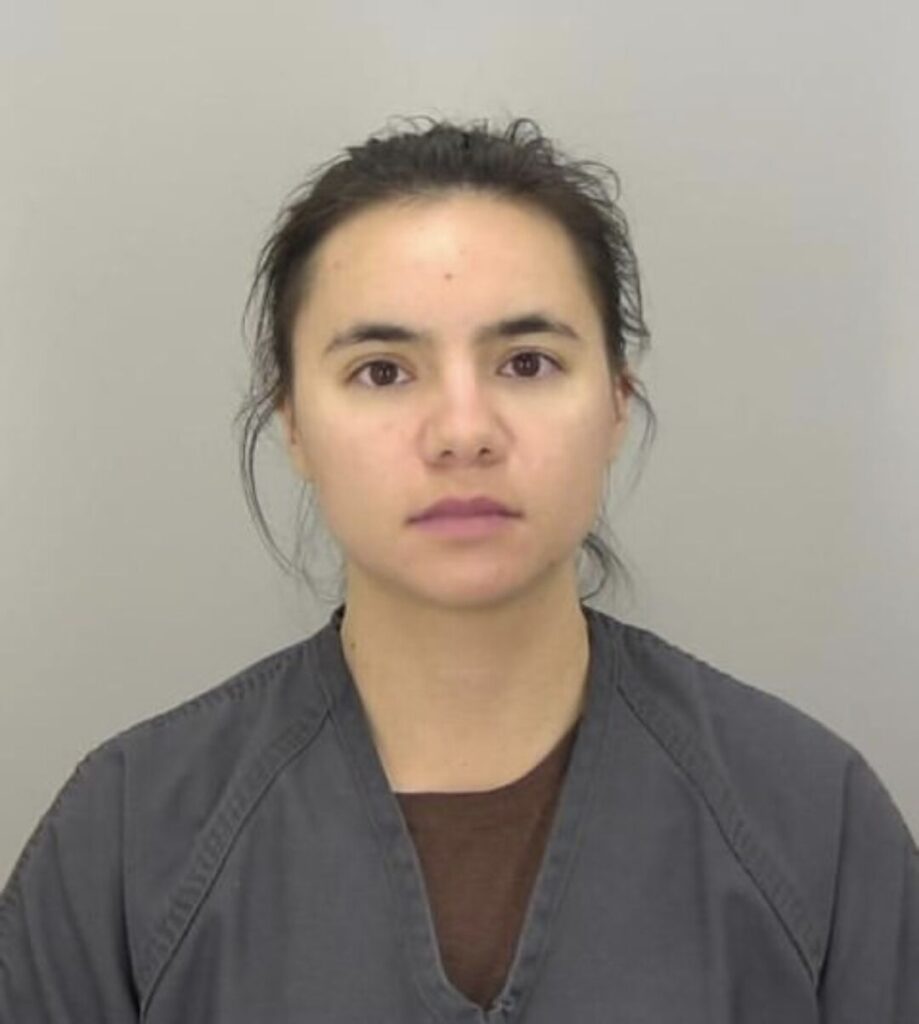Colorado justices consider lawfulness of IP-based search in unusual case
After four judges voiced three separate justifications for why law enforcement properly searched a man’s computer, the Colorado Supreme Court last week considered whether there was, nonetheless, a constitutional violation because officers relied on an Internet Protocol address, rather than the man’s apartment, as the target of their investigation.
Clear Creek County law enforcement obtained a warrant to search a home where child pornography was being downloaded through a specific IP address. Although they had pinpointed a particular suspect who lived at the residence, they unexpectedly encountered Kevin Matthew Dhyne, a tenant in the home’s basement, after showing up to execute the warrant. Dhyne revealed he, too, had access to the shared Internet network and police seized his computer.
They later found sexually exploitative material involving children on his computer and a jury convicted him.
On appeal to the Supreme Court, Dhyne argued police mistakenly proceeded to search his apartment, despite learning it was a separate residence from their intended target.
“Who cares if there’s a separate door? The IP address goes everywhere,” responded Chief Justice Brian D. Boatright during the May 9 oral arguments. “Why are we placing so much emphasis on the physical layout when we’re talking about something that isn’t physical?”
“From your perspective,” Justice William W. Hood III said to Dhyne’s lawyer, “they should have backed up and gotten a warrant for the basement once they were on the scene and realized this was a separate unit. Simple as that.”
“Simple as that,” replied attorney Adam M. Tucker.

Justice William W. Hood III listens during oral arguments at the Colorado Supreme Court’s “Courts in the Community” event on May 9, 2024 at Central High School in Pueblo. (Photo by Jerilee Bennett, The Gazette)
Judges uphold police search stemming from IP address, but disagree on legal justification
The Fourth Amendment prohibits unreasonable searches and seizures, and requires warrants to describe with particularity “the place to be searched.” Dhyne’s case presented an unusual question without a direct answer in Colorado: Can the “place” encompass everything touched by a wireless network?
Dhyne originally sought to exclude the computer evidence from his trial, alleging the search and seizure were illegal. A trial judge agreed law enforcement violated Dhyne’s rights by continuing their search after learning about Dhyne’s separate residence. But the judge believed they would have inevitably gotten a warrant to search Dhyne’s computer because Dhyne admitted to using the same IP address where child pornography was being downloaded.
A three-judge panel for the Court of Appeals subsequently upheld that conclusion, but relied on its own rationales.
Judge Neeti V. Pawar, writing for herself and Judge Jaclyn Casey Brown, concluded the IP address was “used in common” across the property, so the search of Dhyne’s separate unit was authorized under the warrant.
Then-Judge David J. Richman, relying on federal cases, alternatively suggested that once Dhyne admitted to using the target IP address, the “entire premises were suspect,” including Dhyne’s unit.

Colorado Court of Appeals Judges Stephanie Dunn, Neeti V. Pawar and Grant T. Sullivan listen to the case of People v. Dooley at Fort Lupton High School on Tuesday, April 2, 2024 in Fort Lupton, Colorado. The Colorado Court of Appeals and Supreme Court hold “Courts in the Community” events for students to learn about the justice system and hear real cases. (Rebecca Slezak For The Denver Gazette)
Colorado Supreme Court to hear 2 criminal cases, school district dispute
Turning to the Supreme Court, Dhyne urged the justices to reject all three justifications. He argued the wireless network at the property had an open connection, meaning anyone could log on without a password. With pedestrians and cars passing by, an “infinite amount of people” could be subject to a search.
“It will lead to many improper searches where, if I have a neighbor and we share a common wall, we hear each other through it, there’s nothing to stop the Internet from going between the units,” said Tucker. He added that an entire college dorm, for example, could conceivably be searched if occupants shared a common Internet network.
“Do we have to decide about the cars driving by?” asked Justice Melissa Hart, noting Dhyne explicitly told officers he had access to the property’s Internet. “Do we have to create a rule that will apply to every multiple unit here? Or can we say that on the facts of this case, this was a common occupancy of this Internet address?”
“I don’t see how you can do that,” Tucker replied.
The warrant “didn’t give permission to search anyone — neighbors walking by, cars driving by,” pointed out Justice Carlos A. Samour Jr., as the warrant applied to computer systems “situated on” the target property.
Senior Assistant Attorney General Trina K. Kissel acknowledged Dhyne’s case was unusual in that law enforcement did not know about Dhyne’s apartment when they obtained the warrant, but they went in anyway. That decision “doesn’t retroactively invalidate the warrant they got,” she argued.
“When you come upon a scene like this and you discover that there’s a separate residence you didn’t know about,” Hood wondered, “why isn’t the better rule to say you need to back up and get a warrant because we’re talking about invading someone else’s home?”
The Supreme Court held its arguments at Central High School in Pueblo as part of its “Courts in the Community” program.
The case is Dhyne v. People.











